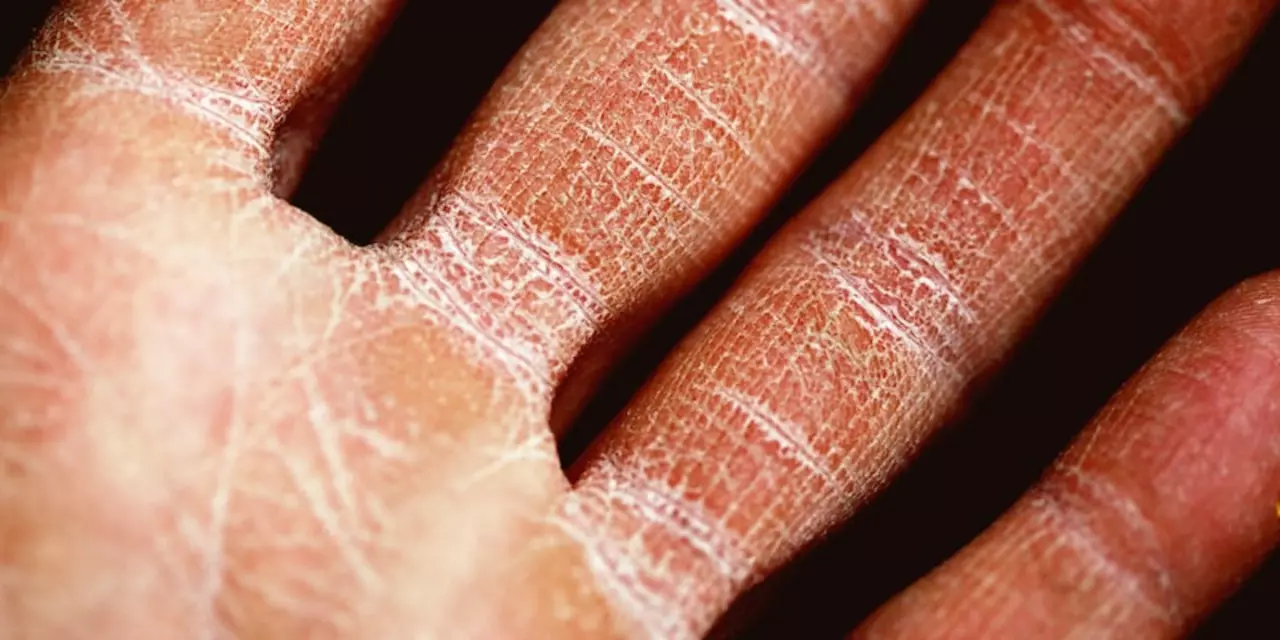Eczema: Treatments, Triggers, and Practical Tips
Ever struggled with itchy, red patches that seem to flare up for no reason? Eczema (also called atopic dermatitis) affects millions, and it isn’t just a kid problem—adults fight it too. It doesn’t matter if you’ve had it for years or just noticed your skin acting up. Dealing with eczema means knowing your triggers, finding treatments that actually work, and making a few smart tweaks to your routine.
First off, what really brings on those annoying rashes? Dry skin, harsh soaps, cold air, and even stress can set things off in a hurry. It’s not always easy to pin down the exact cause, but if you start to notice a pattern, keep a quick diary. Anything from laundry detergent to scratchy sweaters or even a change in weather could be the culprit. Avoiding these triggers is the best first step—no expensive creams or prescriptions needed. Products with simple, fragrance-free ingredient lists are your best buddies.
So, what about skincare routines? Simplicity rules. Try short, lukewarm showers instead of long, hot ones. Pat your skin dry with a soft towel—no rubbing. Right after showering, slap on a thick, bland moisturizer (think: petrolatum jelly or a hypoallergenic cream). Ignore big promises about miracle cures; steady, basic care beats fancier bottles every time.
What if eczema’s still winning? Over-the-counter hydrocortisone creams help cool mild flare-ups, but don’t go overboard—if you use them too often, your skin thins out. If things get severe, like skin infection signs or nothing helps after a week or two, chat with your doctor. Sometimes, prescription steroid creams, calcineurin inhibitors, or even immunosuppressants like cyclosporine or the newer biologics (like dupilumab) are needed, and these require supervision. If you read about newer drugs, make sure to check reliable sources and get your info straight—they’re not for everyone.
Kids bring their own challenges. Babies and toddlers often need even gentler care. Stick to mild, unscented cleansers and barrier creams. Dress them in soft cotton, skip the fabric softener, and keep their nails short to stop scratching damage. If your child is struggling in school or can’t sleep thanks to the itch, ask about non-drug solutions like wet wraps or oatmeal baths.
Don’t forget allergy links. A lot of folks with eczema also have asthma or hay fever, so controlling allergies may calm the skin chaos. Watch out for foods that set things off—sometimes dairy, nuts, eggs, or soy can be a problem, but talk to a pro before cutting foods. Each person’s eczema looks different, and what works for one person might not help another. Keeping things personalized often gets better results than sticking with generic advice.
Last thing: don’t be shy about support. Eczema can mess with your sleep, stress level, and confidence. There are online communities, local groups, and plenty of tips out there from people who get what you’re going through. Having eczema is tough, but with the right know-how, you don’t have to let it run the show.
Scaly Overgrowths of Skin: Common Misconceptions Debunked
Scaly skin isn't just dryness-it's often a sign of underlying conditions like psoriasis or eczema. Learn the truth behind common myths and what actually works to manage it.
Are there people who cured their eczema?
Eczema is a skin condition that affects millions of people around the world, often causing redness, itching, and dryness. While there is no cure for eczema, there are many ways to help manage the condition and lessen its symptoms. Some people believe they have been able to cure their eczema, but research on this is limited. Many of those who claim to have cured their eczema have done so through lifestyle changes, such as improved diet and exercise, as well as using natural products like herbs and essential oils. While these methods may not be a sure-fire cure for eczema, they can help to alleviate symptoms and lead to improved skin health.

